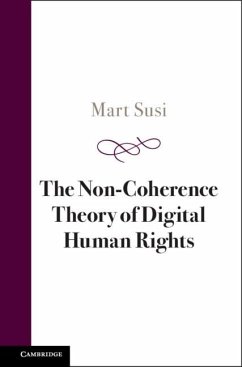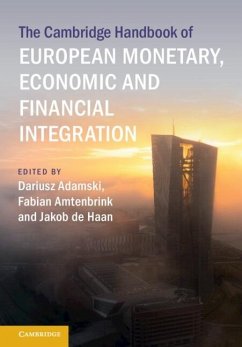
Manifestations of Coherence and Investor-State Arbitration (eBook, ePUB)
Versandkostenfrei!
Sofort per Download lieferbar
79,95 €
inkl. MwSt.
Weitere Ausgaben:

PAYBACK Punkte
40 °P sammeln!
Coherence is highly valued in law. It is especially sought after in investor-state dispute settlement, where charges of incoherence in arbitral awards have long been raised by states and scholars. Yet coherence is a largely underexplored notion in international law. Often, it is treated as a mere ideal to strive towards or simply as a different way to describe the legal consistency of judicial outcomes. This book takes a different approach. It sees coherence as an independent concept having two dimensions: a substantive and a methodological one. Both are critically important for legal reasonin...
Coherence is highly valued in law. It is especially sought after in investor-state dispute settlement, where charges of incoherence in arbitral awards have long been raised by states and scholars. Yet coherence is a largely underexplored notion in international law. Often, it is treated as a mere ideal to strive towards or simply as a different way to describe the legal consistency of judicial outcomes. This book takes a different approach. It sees coherence as an independent concept having two dimensions: a substantive and a methodological one. Both are critically important for legal reasoning by international courts and tribunals, including by investor-state tribunals, and the book illustrates through several case studies some of the ways this conclusion is borne out in practice. A fuller understanding of coherence in international law has implications for our understanding of the concept of law, the practice of legal reasoning, and judicial professional ethics.
Dieser Download kann aus rechtlichen Gründen nur mit Rechnungsadresse in A, B, BG, CY, CZ, D, DK, EW, E, FIN, F, GR, HR, H, IRL, I, LT, L, LR, M, NL, PL, P, R, S, SLO, SK ausgeliefert werden.













